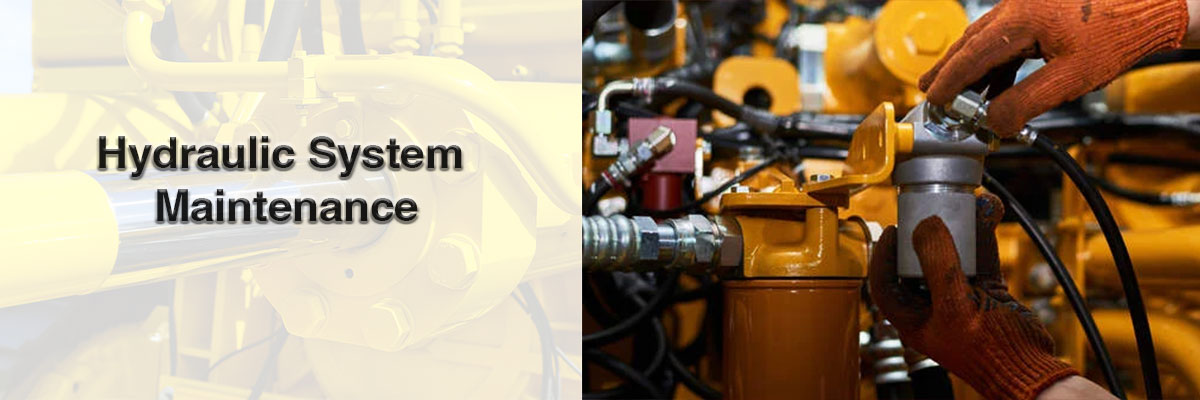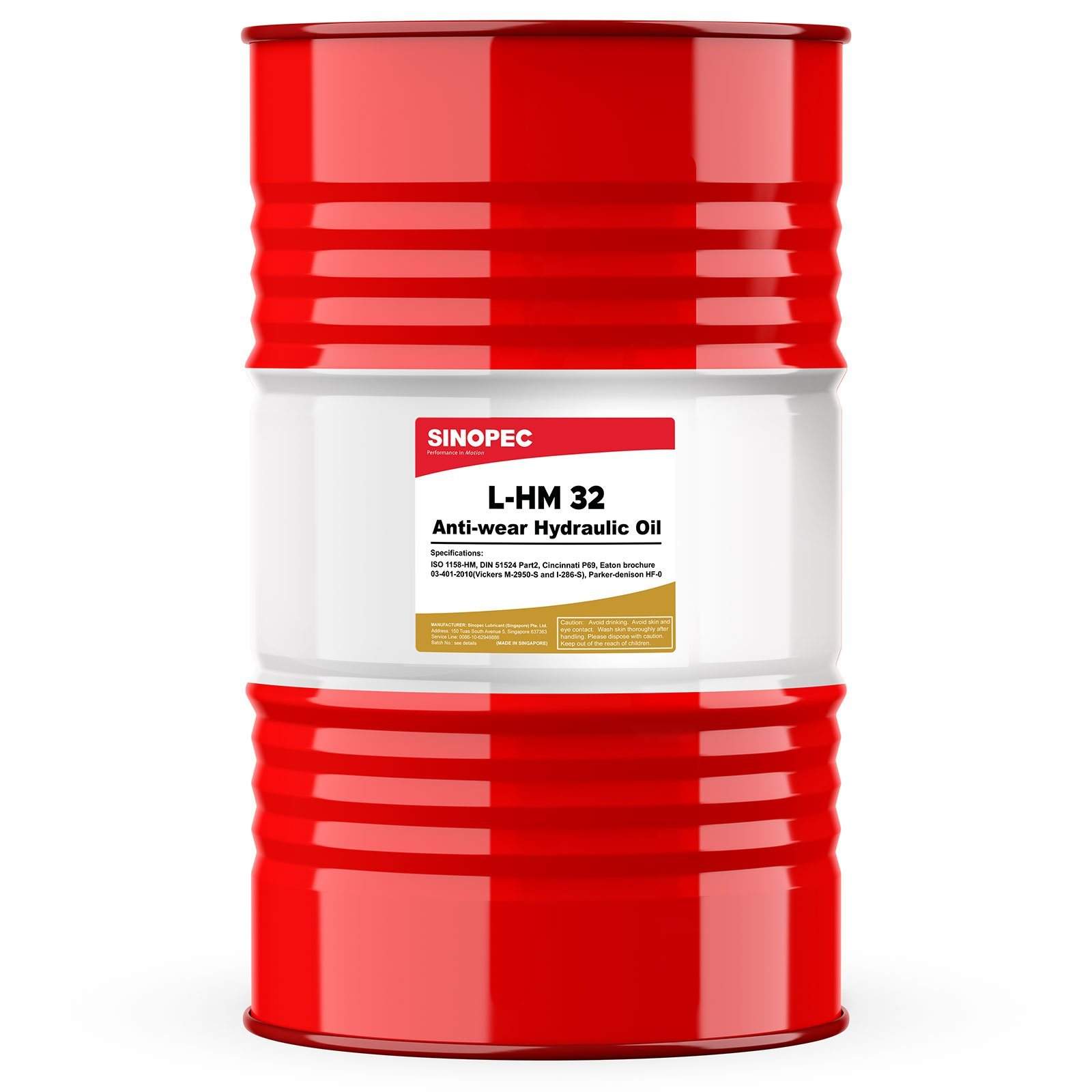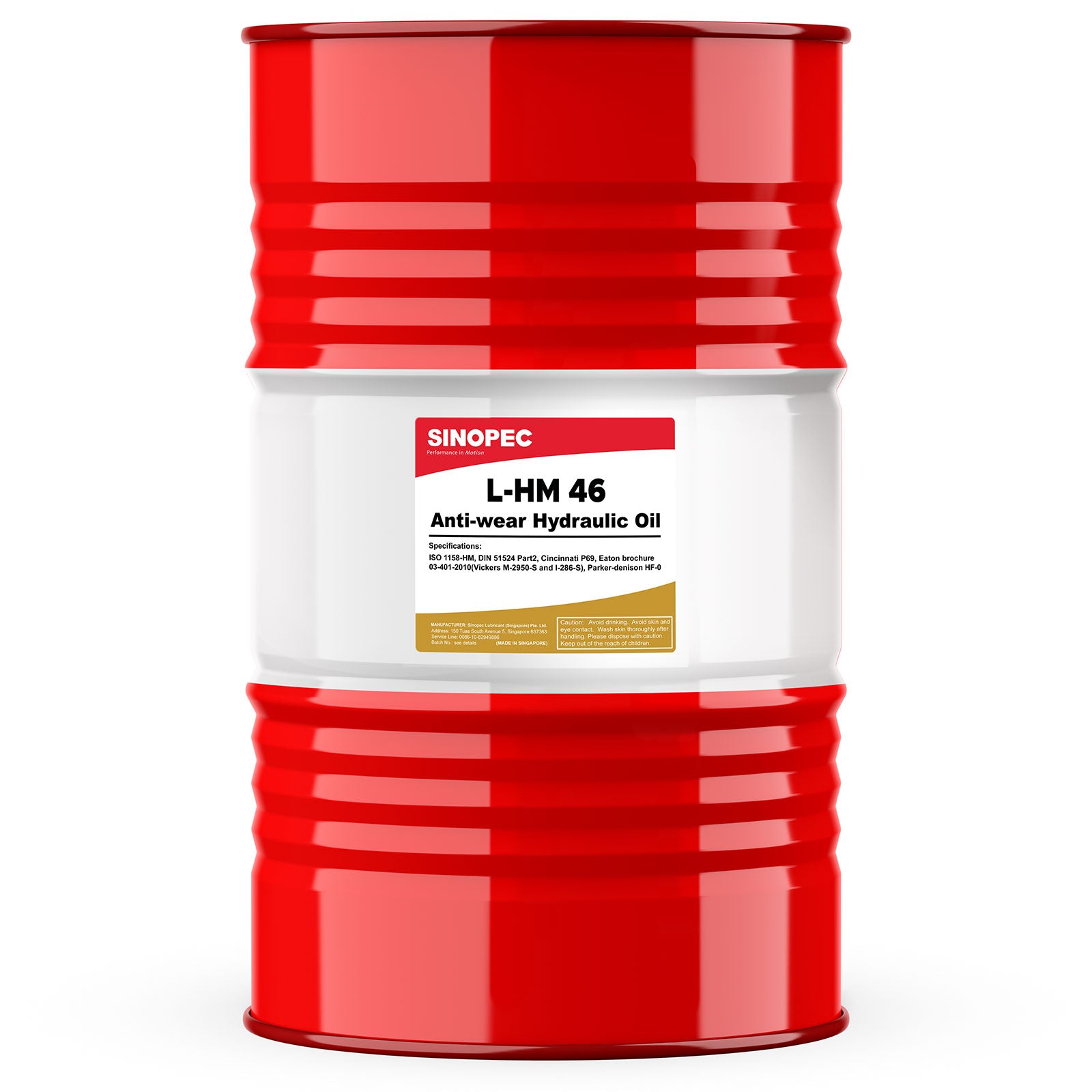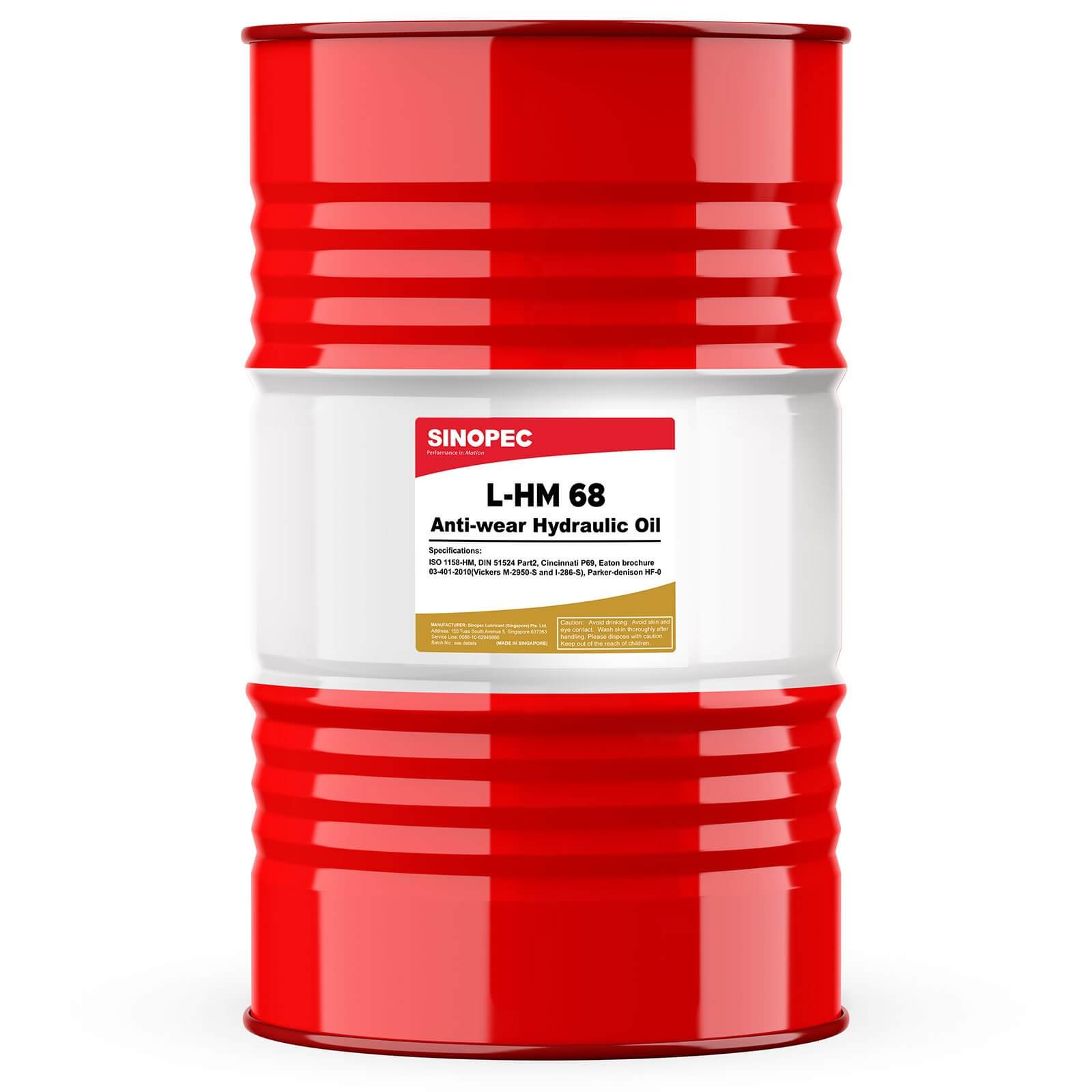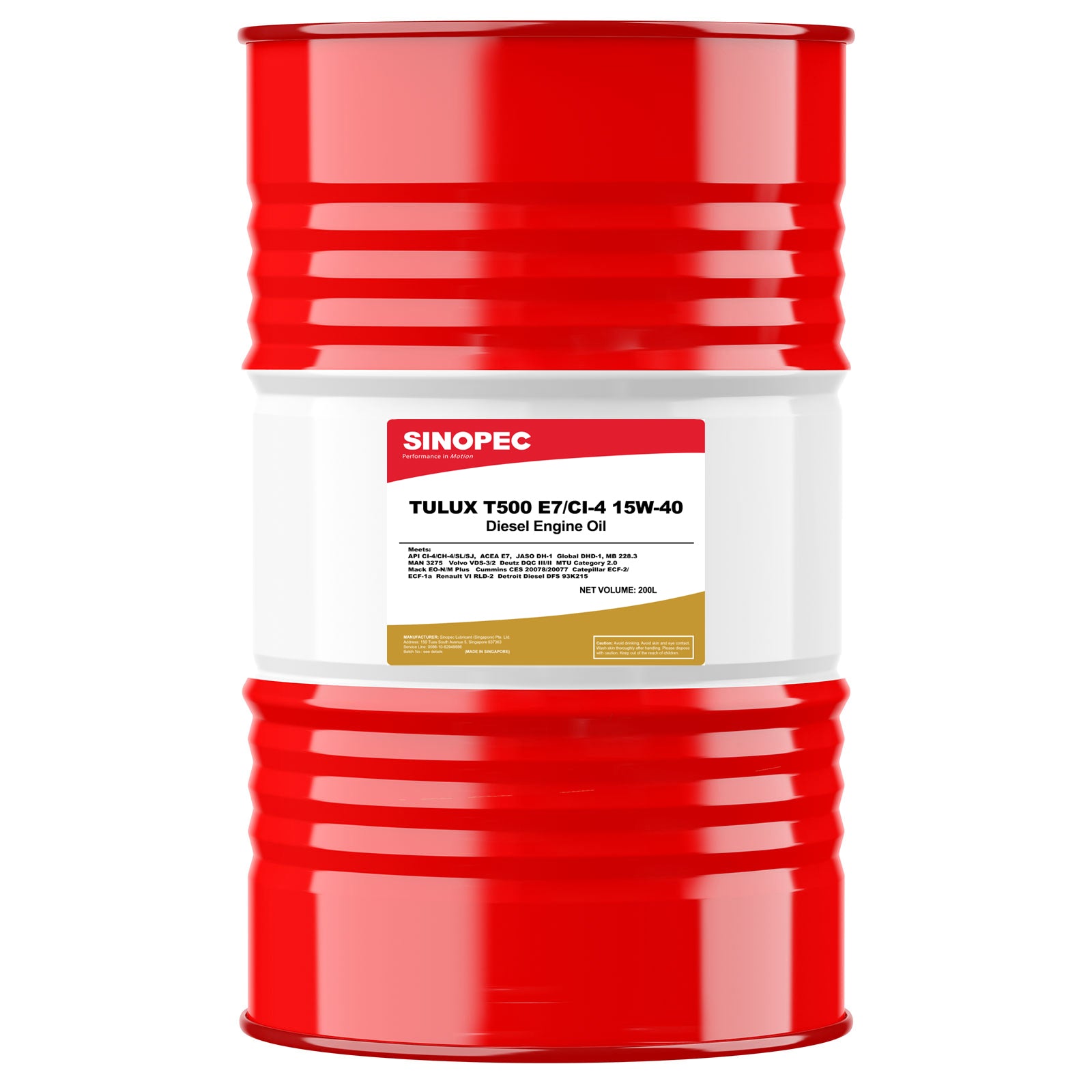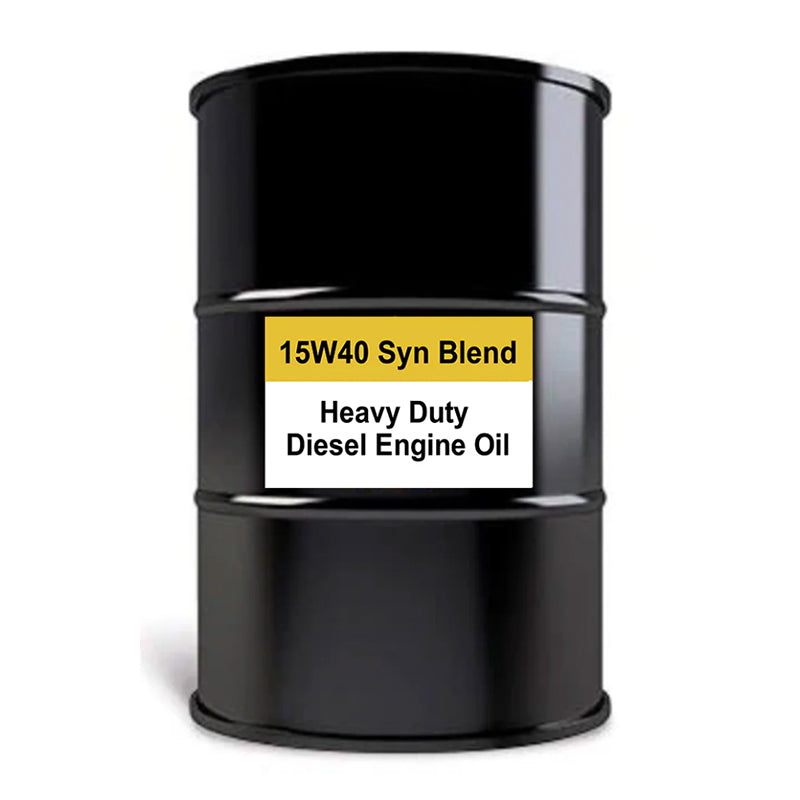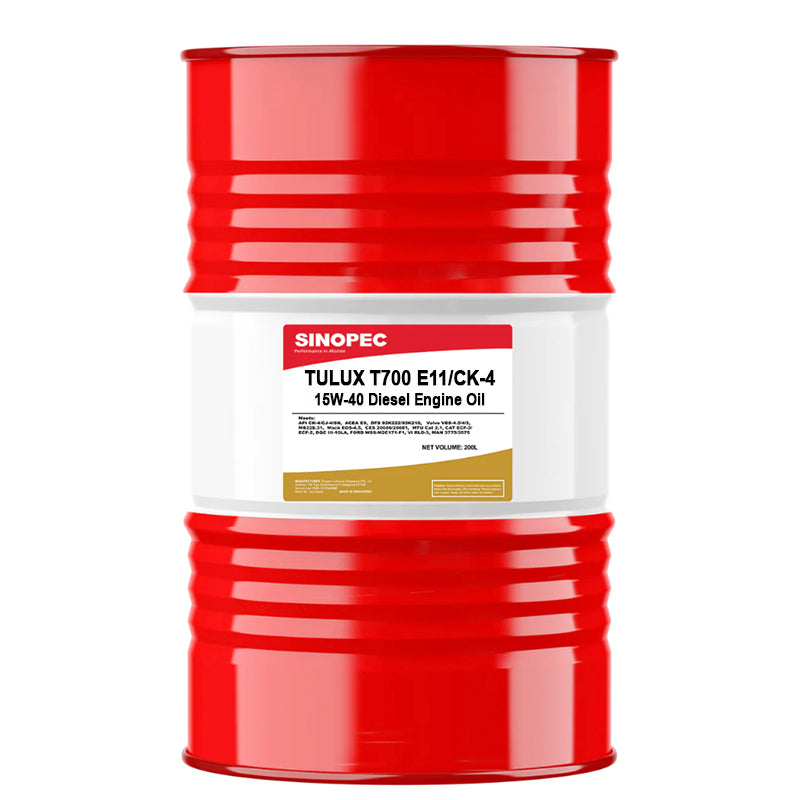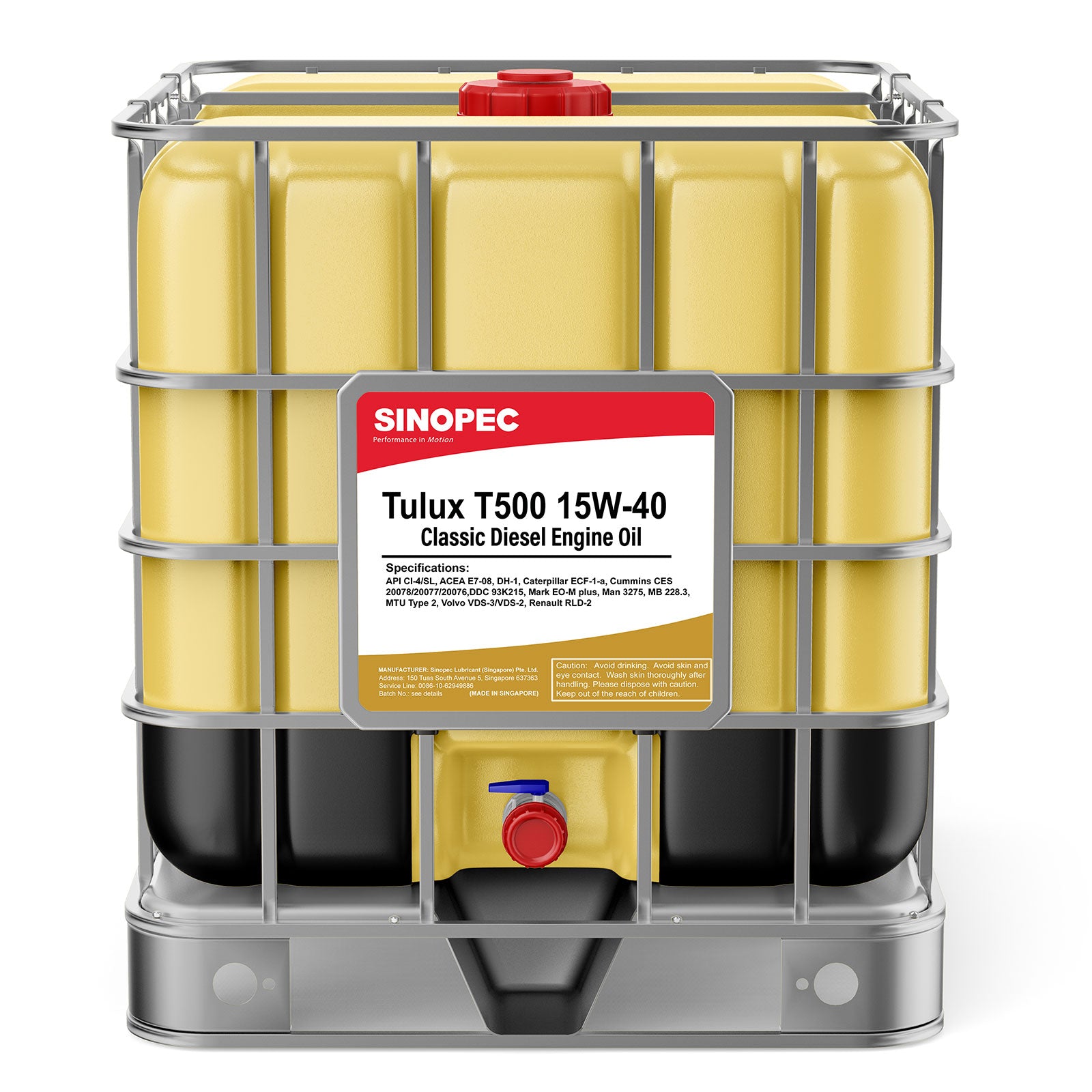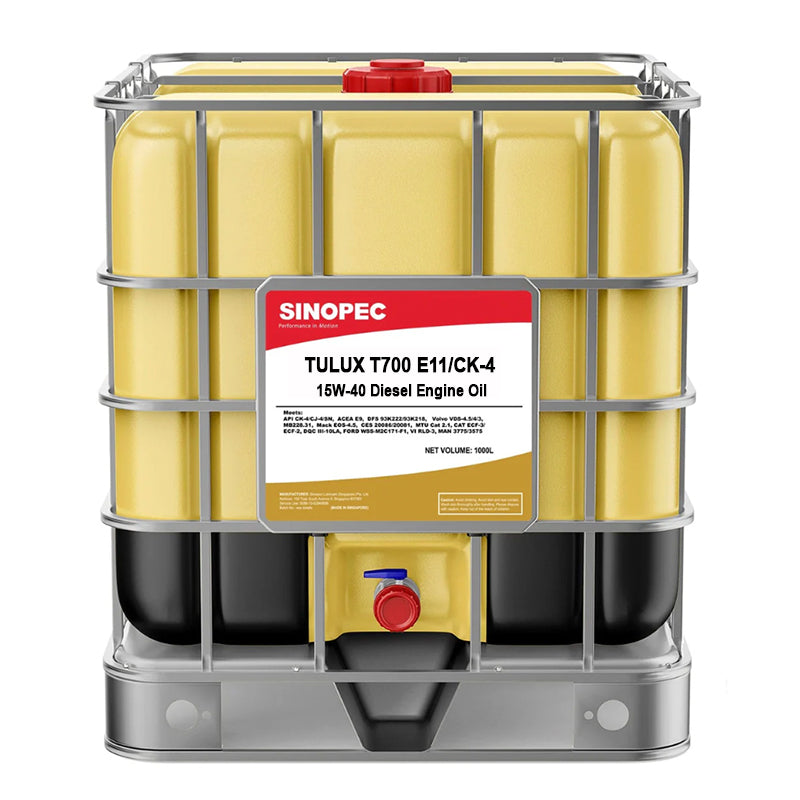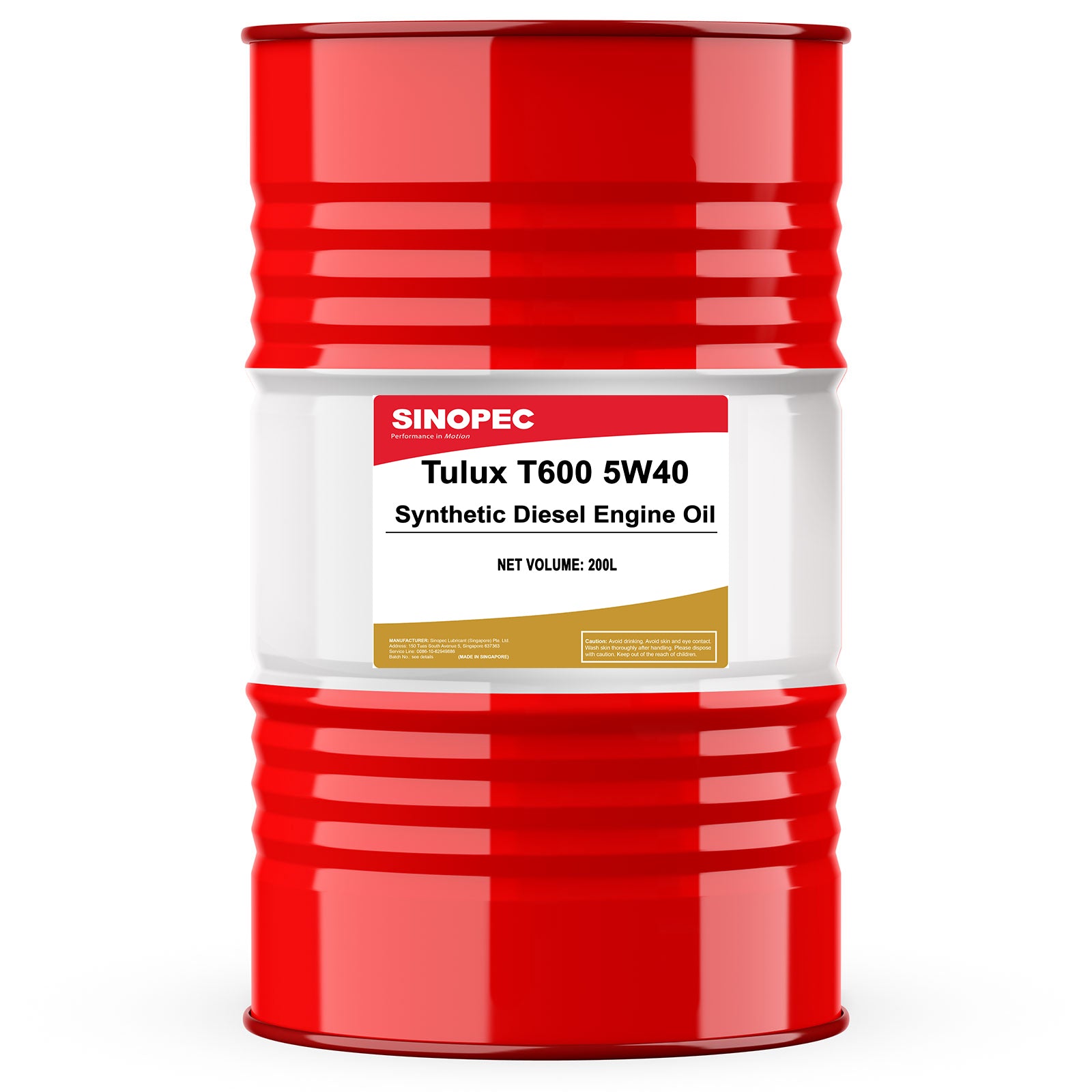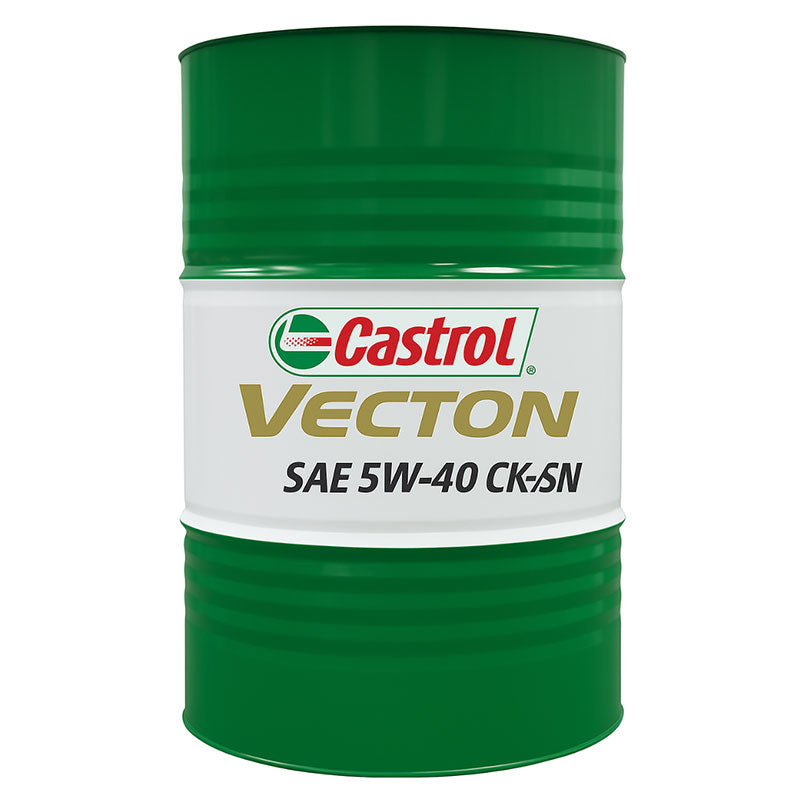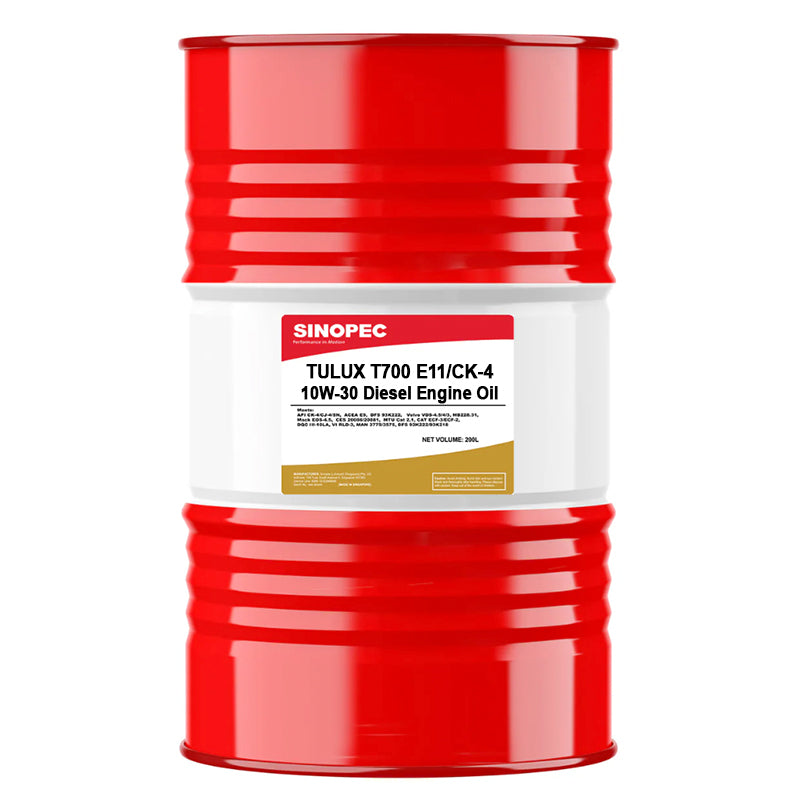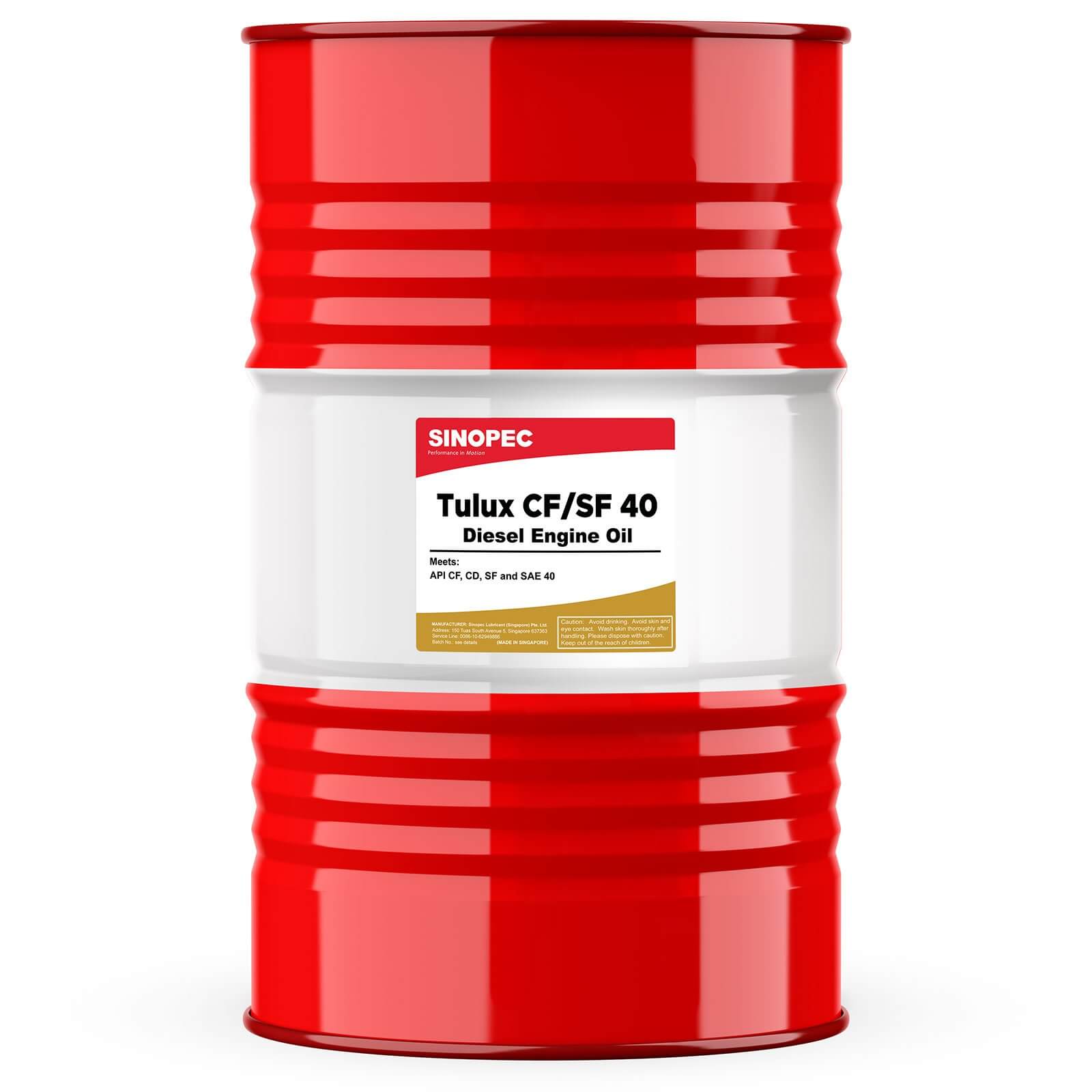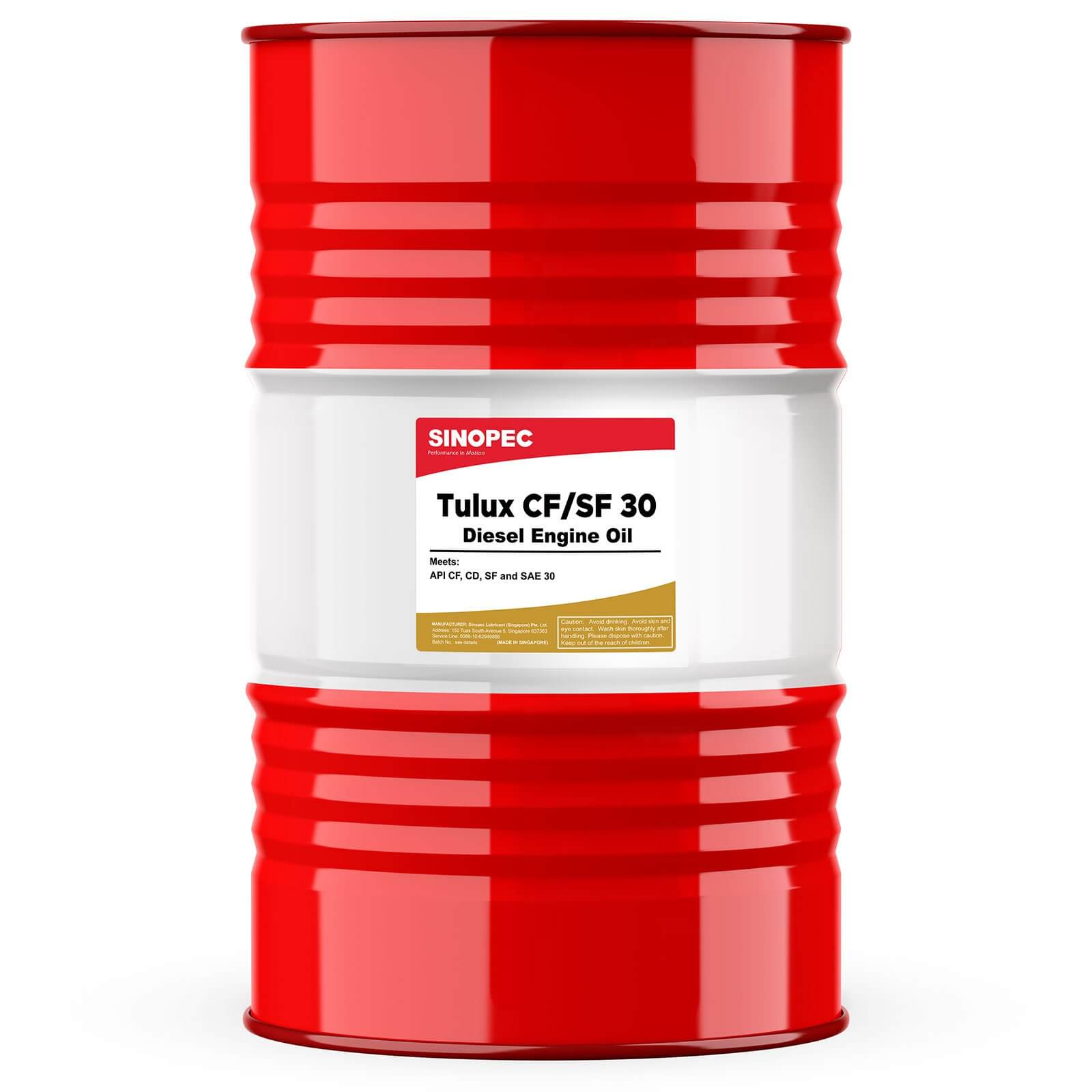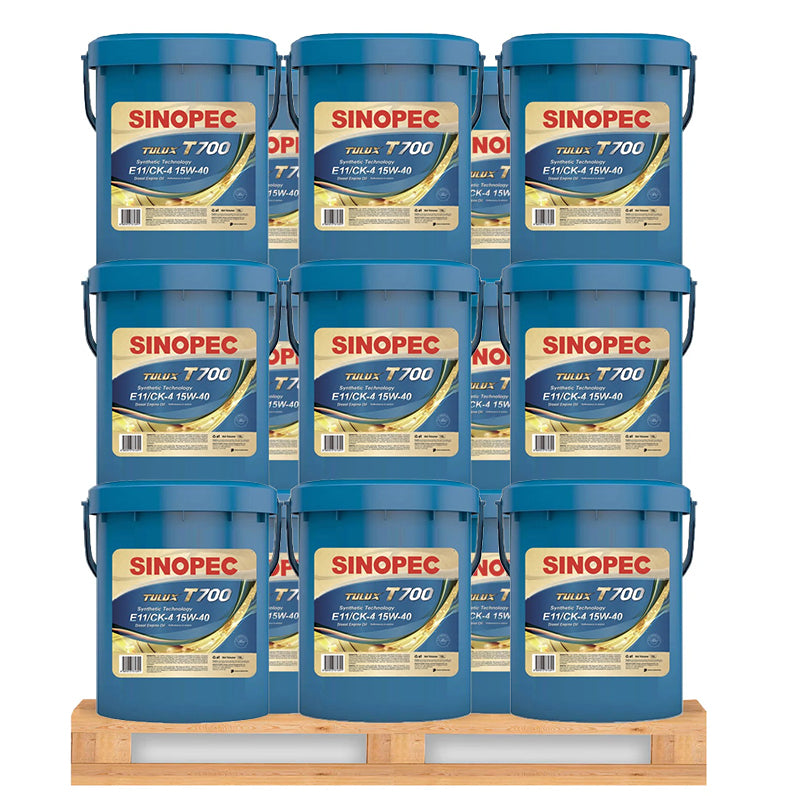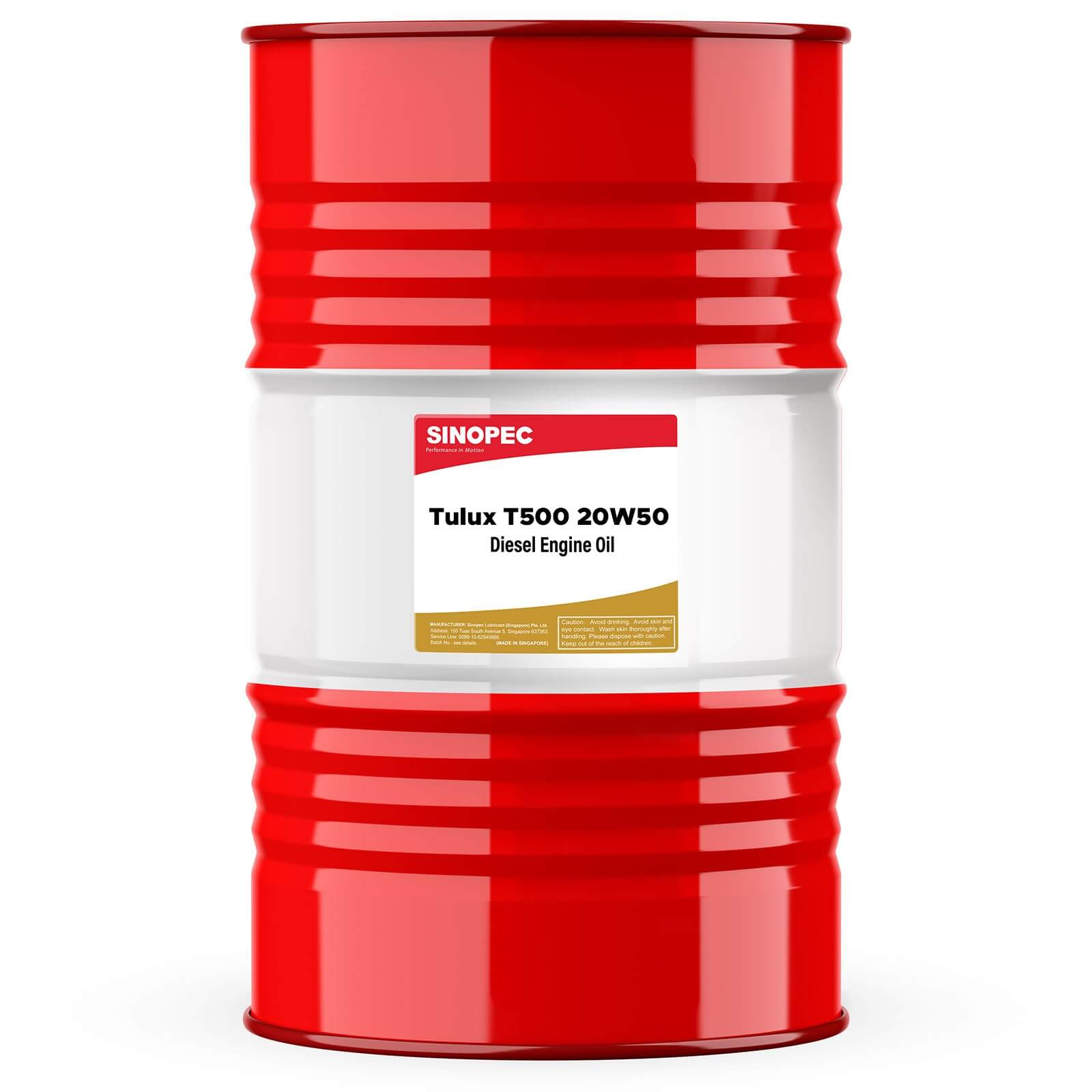Hydraulic systems are integral to a wide range of industrial and commercial applications, providing the muscle behind machinery in construction, manufacturing, agriculture, and more. Proper maintenance of these systems is crucial to ensure they operate efficiently and reliably. Regular maintenance not only extends the life of the equipment but also prevents costly downtime and repairs. One of the most critical aspects of hydraulic system maintenance is using the right hydraulic oil. This guide covers essential maintenance practices and highlights the benefits of using Sinopec's high-quality hydraulic oils.
1. Regular Inspection and Monitoring
Routine inspections are the first line of defense against hydraulic system issues. Regularly check for:
- Leaks: Inspect hoses, seals, and fittings for any signs of fluid leaks. Using Sinopec Hydraulic Oils can help minimize leaks due to their superior formulation.
- Fluid Levels: Ensure hydraulic fluid levels are within the recommended range.
- Cleanliness: Check for contaminants in the fluid and overall system cleanliness.
- Component Wear: Examine pumps, motors, valves, and cylinders for signs of wear or damage.
2. Fluid Maintenance
Hydraulic fluid is the lifeblood of the system, and maintaining its quality is vital:
- Regular Fluid Changes: Follow the manufacturer's recommendations for fluid change intervals. Sinopec Hydraulic Oils are formulated to extend the time between changes, saving you time and money.
- Use the Correct Fluid: Ensure you are using the right type and viscosity of hydraulic fluid for your system. Sinopec offers a range of hydraulic oils tailored to different viscosity requirements.
- Filter Replacement: Replace filters regularly to remove contaminants that can damage the system. Sinopec oils' high oxidation stability helps keep your filters cleaner for longer.
3. Temperature Management
Excessive temperatures can severely impact hydraulic system performance. To manage temperature:
- Monitor Operating Temperature: Regularly check the system's operating temperature to ensure it remains within the recommended range. Sinopec Hydraulic Oils provide excellent thermal stability to help manage operating temperatures.
- Inspect Cooling Systems: Ensure heat exchangers, radiators, and cooling fans are functioning correctly.
- Adequate Ventilation: Maintain proper ventilation around hydraulic systems to dissipate heat.
4. System Cleanliness
Keeping the hydraulic system clean is crucial to prevent contamination and ensure smooth operation:
- Clean Environment: Operate the system in a clean environment to minimize the risk of contaminants entering the system.
- Regular Cleaning: Clean the exterior of components and the reservoir cap to prevent dirt from entering the system.
- Seal Integrity: Ensure seals and breathers are in good condition to keep contaminants out. Sinopec Hydraulic Oils are formulated to protect seals and gaskets, extending their life.
5. Preventative Maintenance Schedule
Implementing a preventative maintenance schedule helps catch potential issues before they become major problems:
- Scheduled Inspections: Set up a regular schedule for comprehensive system inspections and stick to it.
- Record Keeping: Maintain detailed records of maintenance activities, inspections, and any issues found.
- Predictive Maintenance Tools: Utilize tools like vibration analysis and infrared thermography to predict and address issues early.
Regular maintenance of hydraulic systems is critical to ensuring their efficient and reliable operation. For top-quality hydraulic oils that enhance system performance and longevity, visit our Hydraulic Oil Collection. Our products are formulated to meet the stringent requirements of modern hydraulic systems, ensuring they operate smoothly and efficiently.

